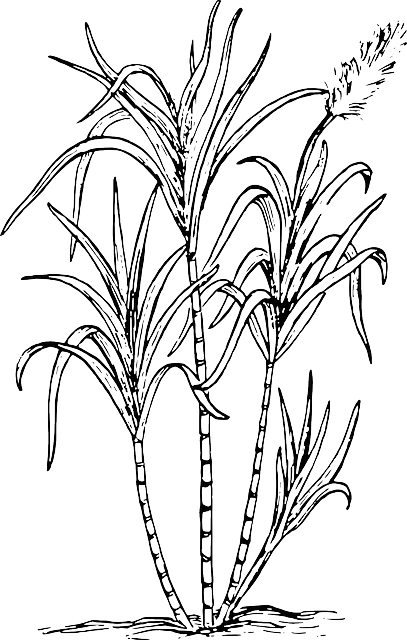Δ-9 tetrahydrocannabolic acid (THCA), a non-psychoactive cannabinoid present in both hemp and cannabis plants, is the precursor to THC and has garnered attention for its potential therapeutic benefits, including anti-inflammatory and neuroprotective properties. In North Carolina, THCA is legal under specific conditions: it must be derived from hemp containing less than 0.3% delta-9 THC on a dry weight basis, as per the 2018 Farm Bill. The state's Industrial Hemp Program regulates its cultivation, processing, and sale, ensuring that consumers can access THCA flower for wellness and extraction purposes within a legal framework. North Carolina's favorable agricultural conditions make it a prime location for producing high-quality THCA flower, with local farmers adhering to sustainable practices to preserve the integrity of the compound. Consumers in North Carolina can purchase THCA products legally from licensed cultivators and state-authorized dispensaries that follow strict quality assurance measures, including third-party lab testing. It's important for users to understand how THCA interacts with the body, start with low doses, and be aware of its potential effects on cognitive and motor functions. As THCA can still affect these areas, safety is paramount, and individuals should consult healthcare professionals before use, especially if they have pre-existing health conditions or are taking other medications. With the legal status of THCA in North Carolina clearly defined, consumers can explore this cannabinoid responsibly as part of their wellness regimen.
Explore the intricacies of THCA flower, a cannabinoid-rich botanical gaining traction for its potential therapeutic properties and non-intoxicating nature. This article delves into the legality of THCA in North Carolina, shedding light on state regulations. We’ll dissect the science behind THCA’s effects, offering insights into its possible benefits. Additionally, we’ll guide you through sourcing high-quality THCA flower within the state, highlighting licensing and dispensary practices that ensure safety and potency. Gain a deeper understanding of the cultivation process unique to North Carolina’s terrain. Lastly, we’ll discuss how to consume THCA flower safely, covering methods and dosage considerations for an optimal experience. Join us as we navigate the world of THCA legal in North Carolina.
- Understanding THCA Flower: The Basics and Its Rise in Popularity
- THCA Legal Status in North Carolina: Navigating State Regulations
- The Science Behind THCA: Potential Benefits and Effects
- Sourcing THCA Flower in North Carolina: Licenses, Dispensaries, and Quality Assurance
- Cultivation of THCA Flower: Insights into the Growing Process in NC
- Consuming THCA Flower: Methods, Dosage, and Safety Considerations
Understanding THCA Flower: The Basics and Its Rise in Popularity
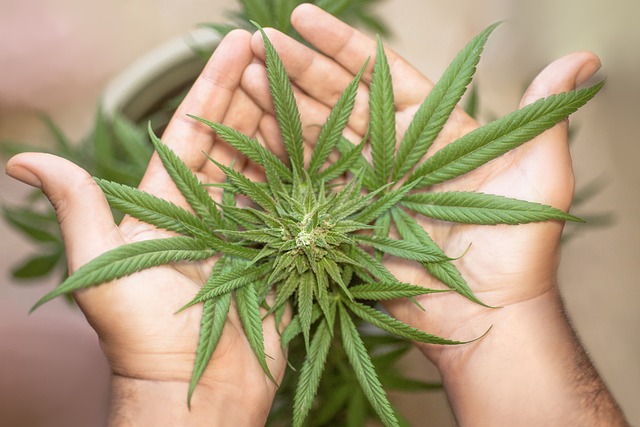
THCA, or Tetrahydrocannabinolic Acid, is a naturally occurring compound found in the Cannabis sativa plant, which precedes THC (Tetrahydrocannabinol) when cannabis is heated. As interest in cannabis derivatives grows, THCA flower has gained significant attention due to its potential therapeutic properties and unique effects. Unlike its decarboxylated form THC, THCA is non-psychoactive, making it an appealing option for those seeking the potential wellness benefits of cannabinoids without the high associated with THC.
The rise in popularity of THCA flower can be attributed to its legal status in various jurisdictions, including North Carolina. With the passage of the 2018 Farm Bill in the United States, hemp-derived products containing less than 0.3% THC were legalized at the federal level, paving the way for the cultivation and sale of THCA flower. In North Carolina, the Agricultural Act of 2019 further clarified the legality of hemp and its derivatives, including THCA, opening up opportunities for both producers and consumers within the state. As a result, THCA flower has become a sought-after product among those interested in exploring the potential benefits of cannabinoids, with users often reporting a sense of calm and relief without psychoactive effects.
THCA Legal Status in North Carolina: Navigating State Regulations
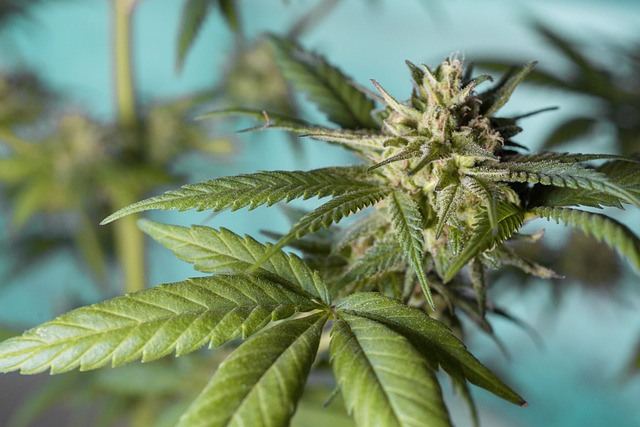
THCA, or Tetrahydrocannabinolic Acid, is a non-psychoactive cannabinoid found in the Cannabis sativa plant that is the precursor to THC, the primary psychoactive component of cannabis. As of the latest updates, the legal status of THCA in North Carolina is subject to the state’s hemp and marijuana regulations. In North Carolina, THCA derived from hemp is legal, provided it contains less than 0.3% THC by dry weight, as per the 2018 Farm Bill and the North Carolina Industrial Hemp Pilot Program. This distinction is crucial, as it differentiates between THCA that can be legally cultivated, processed, and sold as part of hemp products, and THCA found in higher concentrations of THC-containing cannabis, which remains federally illegal under the Controlled Substances Act and is treated as a Schedule I controlled substance in North Carolina.
Navigating the state regulations involving THCA can be complex due to the nuanced differences between hemp-derived and marijuana-derived products. North Carolina’s state regulations have specific guidelines that businesses must follow to legally handle THCA, including stringent licensing requirements, testing protocols, and labeling standards. Consumers in North Carolina should be aware of these distinctions when considering the purchase or use of THCA products to ensure compliance with state laws. It is always advisable to stay updated on the evolving legal landscape surrounding THCA in North Carolina, as regulations can change and may vary by locality within the state.
The Science Behind THCA: Potential Benefits and Effects
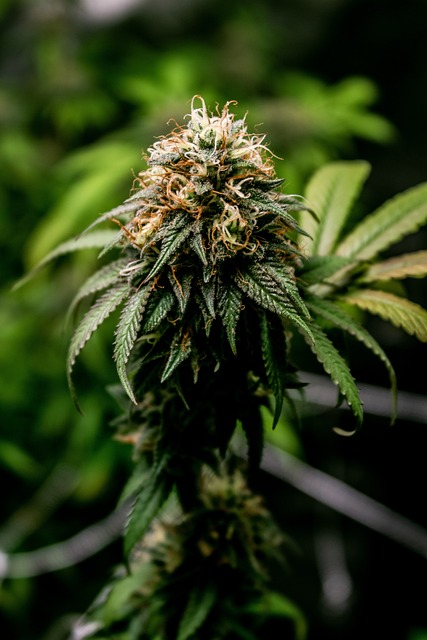
Delta-9 tetrahydrocannabinolic acid (THCA) is the non-psychoactive precursor to the well-known psychoactive compound THC found in cannabis plants. As researchers delve into its potential effects, studies suggest that THCA may offer a range of therapeutic benefits without the high associated with its derivative. One of the notable aspects of THCA is its reported anti-inflammatory properties, which could make it beneficial for conditions like arthritis. Additionally, preclinical research indicates that THCA might possess neuroprotective qualities, offering promise for neurological disorders. The legal landscape of cannabinoids, including THCA, varies by state in the United States. As of the knowledge cutoff date, THCA is legal in North Carolina under specific conditions; it must be derived from hemp and contain less than 0.3% delta-9 THC on a dry weight basis, aligning with the 2018 Farm Bill legislation. This legal distinction allows for the exploration of THCA’s potential benefits and effects within the context of state laws, paving the way for further scientific inquiry and, potentially, new therapeutic applications. Users interested in exploring THCA should do so responsibly and within the confines of their local regulations to ensure safety and legality.
Sourcing THCA Flower in North Carolina: Licenses, Dispensaries, and Quality Assurance
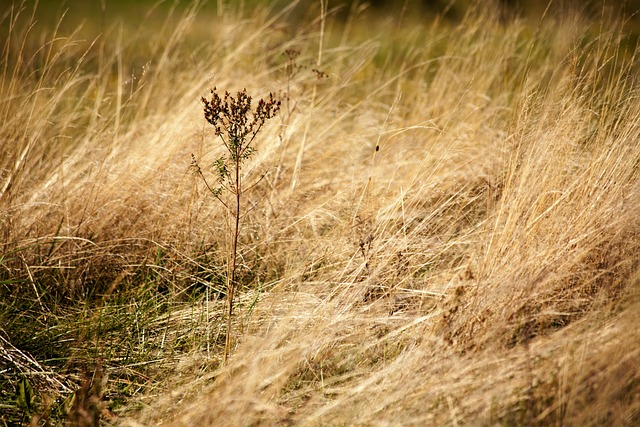
In North Carolina, the landscape for sourcing THCA flower has evolved significantly with the passage of the Hemp Farming Act of 2018 at the federal level and subsequent state regulations. Understanding the legal standing of THCA in the state is crucial for consumers and cultivators alike. THCA, or Tetrahydrocannabinolic Acid, is a non-psychoactive cannabinoid found in hemp and cannabis plants. It’s precursor to THC, the psychoactive compound most are familiar with. As of the knowledge cutoff in 2023, THCA is legal in North Carolina provided it contains less than 0.3% THC on a dry weight basis, aligning with federal guidelines. This legality opens up avenues for consumers to access THCA flower for various purposes, including wellness and extraction processes where THCA’s potential benefits can be realized.
To procure THCA flower legally in North Carolina, one must navigate through licensed cultivators and state-authorized dispensaries. The North Carolina Industrial Hemp Program oversees the cultivation, processing, and sale of hemp and hemp-derived products within the state. Consumers should seek out reputable sources that adhere to strict quality assurance protocols to ensure the purity and potency of the THCA flower they purchase. These protocols often include third-party lab testing for cannabinoid levels, contaminants, and overall safety. By doing so, consumers can confidently access high-quality THCA products, contributing to a responsible and regulated market that ensures consumer protection and compliance with state laws. It’s advisable for potential buyers to research dispensaries, verify their licensing status, and review available lab results before making a purchase to guarantee a safe and legal experience with THCA flower in North Carolina.
Cultivation of THCA Flower: Insights into the Growing Process in NC
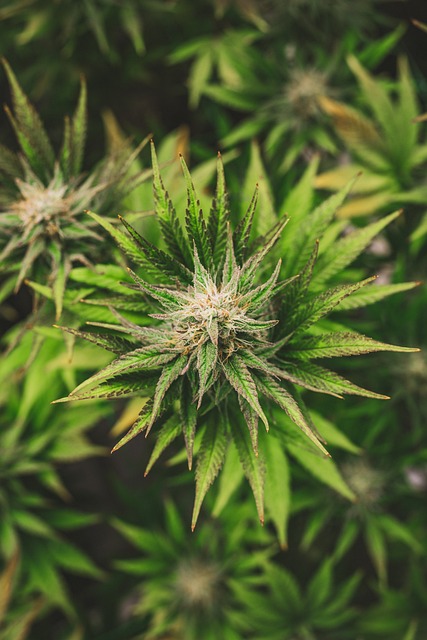
NC’s favorable climate and soil conditions provide an ideal environment for the cultivation of THCA flower, a non-psychoactive form of cannabis that holds significant interest in both research and therapeutic applications. The cultivation process in North Carolina adheres to strict regulations as defined by the state’s agricultural standards and the Farm Bill, ensuring legal compliance for those growing THCA flower. The journey from seed to mature plant is meticulously managed to preserve the integrity of the THCA compound, which is the precursor to THC found in cannabis.
Farmers in North Carolina employ sustainable and organic practices to optimize the THCA levels within the flowers. This involves precise timing for planting, considering the state’s distinct seasons, and careful monitoring of nutrient uptake and environmental factors such as temperature and humidity. The state’s hemp program oversees these operations, guaranteeing that the cultivation of THCA flower in NC remains within legal boundaries set forth by ‘THCA legal in North Carolina’ legislation. As a result, the region has become a hub for high-quality THCA flower production, with cultivators prioritizing the preservation and extraction of this valuable cannabinoid for both scientific exploration and wellness products.
Consuming THCA Flower: Methods, Dosage, and Safety Considerations
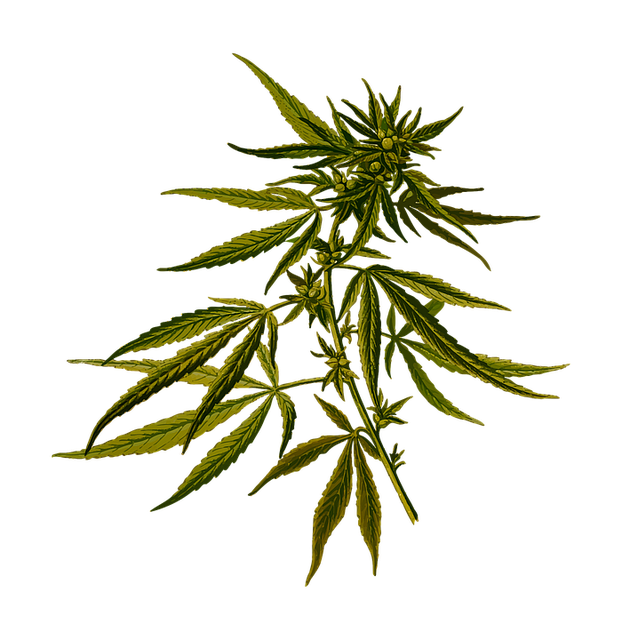
Consuming THCA flower, which contains the raw acidic form of tetrahydrocannabinol (THC), is an emerging trend within regions where it is legal, such as North Carolina. Unlike its decarboxylated form, THC, THCA imparts a distinct set of effects that can range from mild euphoria to potent analgesic and anti-inflammatory properties without the psychoactive ‘high’ associated with THC. To experience the effects of THCA, one must consider proper consumption methods, appropriate dosage, and safety precautions.
Typically, THCA flower can be consumed through smoking or vaporization, both of which activate the cannabinoid by heating it to a temperature that converts THCA into THC. However, THCA can also be infused into edibles post-decarboxylation or ingested directly as a capsule, though this method requires more precise dosing due to its slower onset and longer duration of effects. Dosage is a critical factor; users should start with a low dose and allow sufficient time for the effects to be felt before considering an increase, as overconsumption can lead to unwanted side effects. Safety considerations are paramount, as THCA, while less psychoactive than THC, can still impair cognitive functions and motor skills. It is essential to consume THCA flower responsibly and in compliance with local laws, such as those in North Carolina, which have specific regulations regarding the possession and use of cannabis-related products. Always consult with a healthcare professional before incorporating THCA flower into your wellness routine, especially if you have underlying health conditions or are taking other medications.
navigating the emergence of THCA flower as a subject of intrigue and potential therapeutic application, this article has delved into its legal status, scientific properties, and cultivation within North Carolina. As THCA legal in North Carolina becomes more defined and its benefits more widely recognized, enthusiasts and researchers alike are drawn to its promising landscape. From understanding its rise in popularity to exploring the nuances of licensing and quality assurance in sourcing, this piece has aimed to shed light on the multifaceted nature of THCA flower. Cultivators in North Carolina are at the forefront of providing high-quality THCA flower, ensuring that consumers have access to a product that is both effective and safe. As regulations evolve and more research becomes available, THCA flower stands poised to carve out its unique role in the wellness domain.
